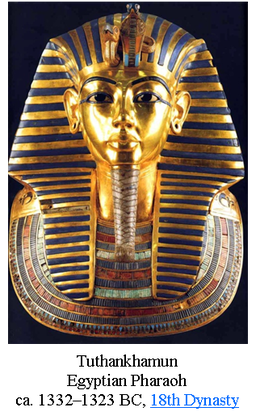
Posted to Indies Unlimited
February 3, 2013 by T.D. McKinnon
Regardless of any assertion of virtuous intent; at its core, the motivation for the building of empires, by and large, is the accumulation of wealth for the minority at the expense of the majority. There are of course other, just as avaricious, incentives for empire but they all align with its primary purpose. However, regardless of its grandeur or period of reign, following its downfall (and eventually all fall) it is judged not by its initial motivations, or by the destruction it causes whilst coming into being, and certainly not by the wealth and accomplishments it accumulates during its reign; in the end, it is judged by the legacies it leaves.
Throughout history man has built empires, one hundred and eighty seven, recorded, nation-based empires alone. The first on record, the Akkadian Empire, began in 2334 BC, and the last, the Portuguese Empire, officially ended in 1999. The empire with the shortest reign, less than two years, was the first Mexican Empire (1821 – 1823), and the longest reigning empire, the Mayan Empire (2,000BC – 1540 AD) was a staggering 3,540 years in duration.
We know that the Egyptian Empire (1570 – 1070 BC) had many achievements, including a mathematical system, surveying andconstruction techniques that facilitated the building of monumental pyramids, temples and obelisks. An effective system of medicine, new forms of literature and agricultural production techniques. However we are more familiar with their art and architecture legacies; their monumental ruins have inspired the imaginations of tourists and writers for centuries.
The legacies of the Ancient Greek Empire (700 BC – 600AD) still permeate most of western society. Those legacies include systems of logic and reason above emotion, in regards to the law and science. Similarly, Grecian Philosophy in regard to ‘debate being a key tool for refining theory’; and of course their innate belief in ‘truth and justice’ can be counted among their legacies. Likewise, their beliefs in regard to freedom of thought and speech, and the right to challenge established opinion, pay tribute to their ideals of democracy; a treasured legacy indeed. Additionally, the origins of today’s Olympic Games rests firmly with the ancient Greeks, and traditional structures of Greek literature can still be found in English literature today. Just some of the legacies of Ancient Greece.
Legacies from the Roman Empire (218BC – 476AD) can be seen in many political systems and forms of government, and although the Roman language (Latin) is regarded as a dead language, it is still used in medical, botanical and court systems throughout the western world. The general structure of jurisprudence (trial with a judge, plaintiff and defendant) is the same as that established during the reign of the Roman Empire. However, probably, the most solidly identifiable legacy of them all is, of course, the Roman Catholic Church.
The Spanish Empire (1402-1975) left humanity a mixed bag as far as legacies go, particularly in the Americas: the total destruction of three great, ancient empires along with their ancient texts:
• Aztec Empire (1428-1521)
• Inca Empire (1438-1533)
• Mayan Empire (2,000 BC-1540 AD) which had the longest reign of any empire in recorded history.
Conversely, they can also be credited with having founded the first University on the American continent, in Lima, Peru in 1551. And today there are 392 million Spanish speaking people in twenty two countries around the globe. Let us also not forget that the re-introduction of the horse to the Americas is also a legacy of the Spanish Empire.
The British Empire, too, has a variety of incongruent legacies. Crossing the seas to other continents, they transferred a number of European diseases and, together with implementing drastic changes to the status quo on those continents, they decimated native populations in North America, Australia and New Zealand, to name but a few, sending them into a decline from which they would never recover. Conversely, other legacies of course are their rail systems around the planet, ball games that link nations in friendly competition throughout the world, and a template for stable government (tongue firmly in cheek here) which they also implemented.
However, the British Empire’s greatest legacy, as I’m sure all at IU will agree, is the legacy that is part of our stock in trade: the English language. The primary language of more than 400 million people, English is the most spoken, and written, language in the world today. In fact more than one and a half billion people speak English as a first, second or foreign language. All courtesy of the British Empire.
So in conclusion, and to make clear my main point in regard to empire, I believe that the Publishing Industry’s Empire, having had their occupancy and, although during that tenure they impacted on all they surveyed, their time of total rule is at an end. They are, in effect, in decline and will probably leave their imprint, their legacies; however, in time we will all take part in choosing just what those legacies are.






 RSS Feed
RSS Feed